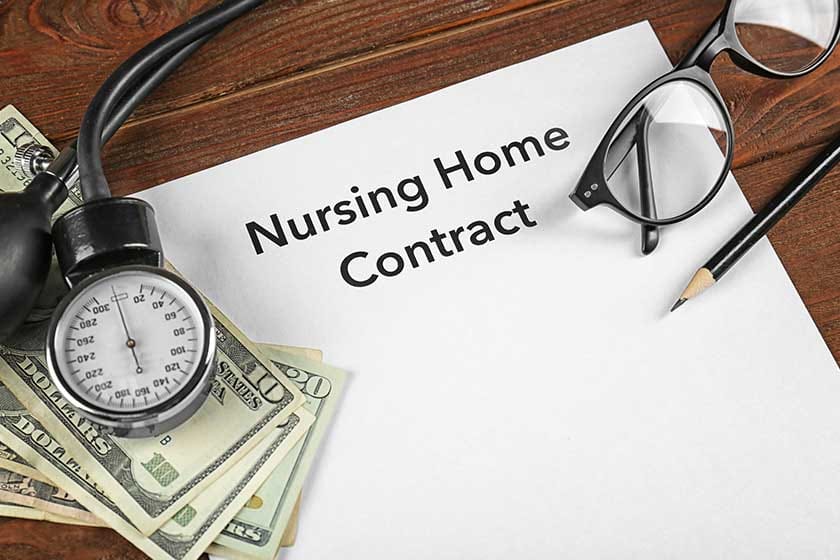Let us talk about something that does not get enough attention until it is too late nursing home care. I mean, who really wants to think about this stuff, right? But here is the thing: the cost of nursing home care is one of those financial realities that can hit families like a ton of bricks. And trust me, it is not just about the money; it is about the emotional toll, the planning, and the sheer unpredictability of it all.
Why Nursing Home Costs Are So High

Okay, let us start with the numbers because, wow, they are staggering. Did you know that the average cost of a private room in a nursing home in the U.S. is over $100,000 a year? Yes, you read that right. And if you think opting for a semi-private room will save you, think again it still averages around $90,000 annually. And if you live in a big city or on the coasts? Forget about it. Prices there can be 50-75% higher.
I remember when my friend’s family had to navigate this for her grandmother. They were shocked at how quickly the bills piled up. And here is the kicker: these costs are not slowing down. Nursing home expenses have been rising 3-5% every year, which means in 15-20 years, these prices could double. How are families supposed to keep up with that?
The Unpredictable Length of Stay
Here is another layer to this mess: how long will your loved one even need care? The average nursing home stay is about 2.5 years, which already adds up to a quarter of a million dollars. But averages can be deceiving. Some people only need a few months of care, while others, especially those with conditions like Alzheimer’s, might need 5-8 years. That is a million-dollar question literally.
I cannot help but wonder, how do families even plan for this? It is like trying to budget for a hurricane. You know it is coming, but you have no idea how bad it will be or how long it will last.
Payment Options: The Good, the Bad, and the Ugly
Now, let us talk about how people pay for all this. A lot of folks assume Medicare will cover it, but nope. Medicare only covers short-term stays, like rehab after surgery, and even then, it is limited to 100 days. After that, you are on your own.
Most families start by dipping into savings, selling homes, or cashing out investments. But here is the heartbreaking part: this often leaves surviving spouses or children with nothing. I have seen it happen, and it is not pretty.
Long-term care insurance is an option, but it is not the golden ticket it used to be. Policies are expensive, hard to qualify for, and fewer companies even offer them. Less than 10% of seniors have this coverage, so it is not exactly a widespread solution.
Then there is Medicaid, which steps in after families have drained their assets. But let us be real, no one wants to be forced into poverty just to get help. It is a tough pill to swallow.
What Can Families Do to Prepare?
So, what is the takeaway here? Planning ahead is everything. I know it is not fun to think about, but the earlier you start, the better. Talk to an elder law attorney about asset protection strategies. Look into hybrid insurance products that combine life insurance with long-term care benefits. And do not forget to explore alternatives like home care or community-based services. Sometimes, these options can delay or even prevent the need for a nursing home.
The truth is, the cost of nursing home care is daunting, but knowledge is power. By understanding the financial realities and exploring your options early, you can protect both your loved one’s quality of care and your family’s financial future.
So, what is your plan? Have you started thinking about this? Trust me, your future self will thank you
References
U.S. Department of Health and Human Services – LongTermCare.gov:
Financial impact of nursing home care:
Medicare and Medicaid information on long-term care:
National Council on Aging resources:

